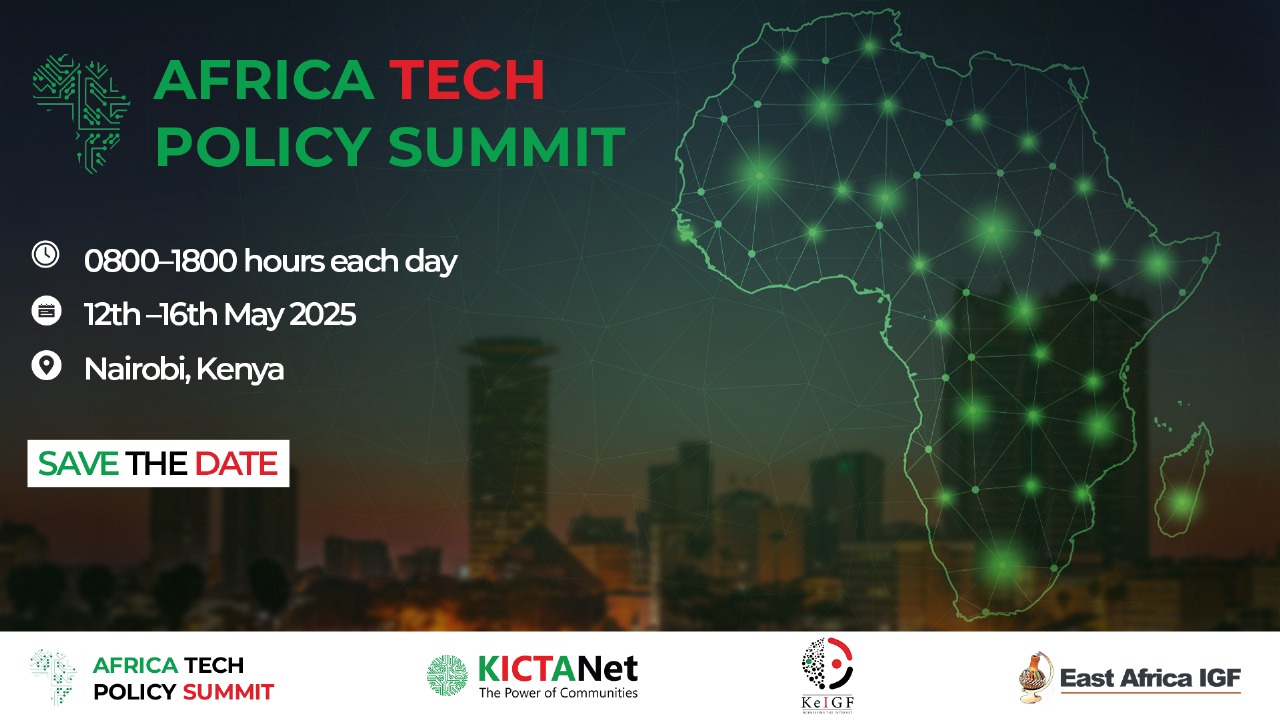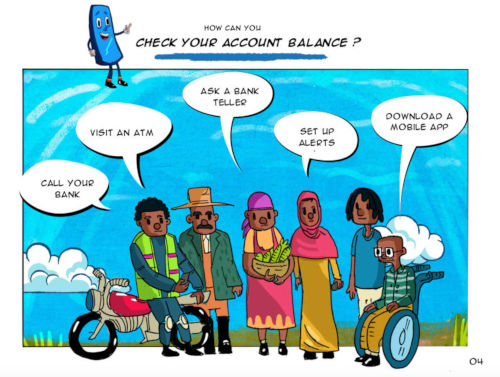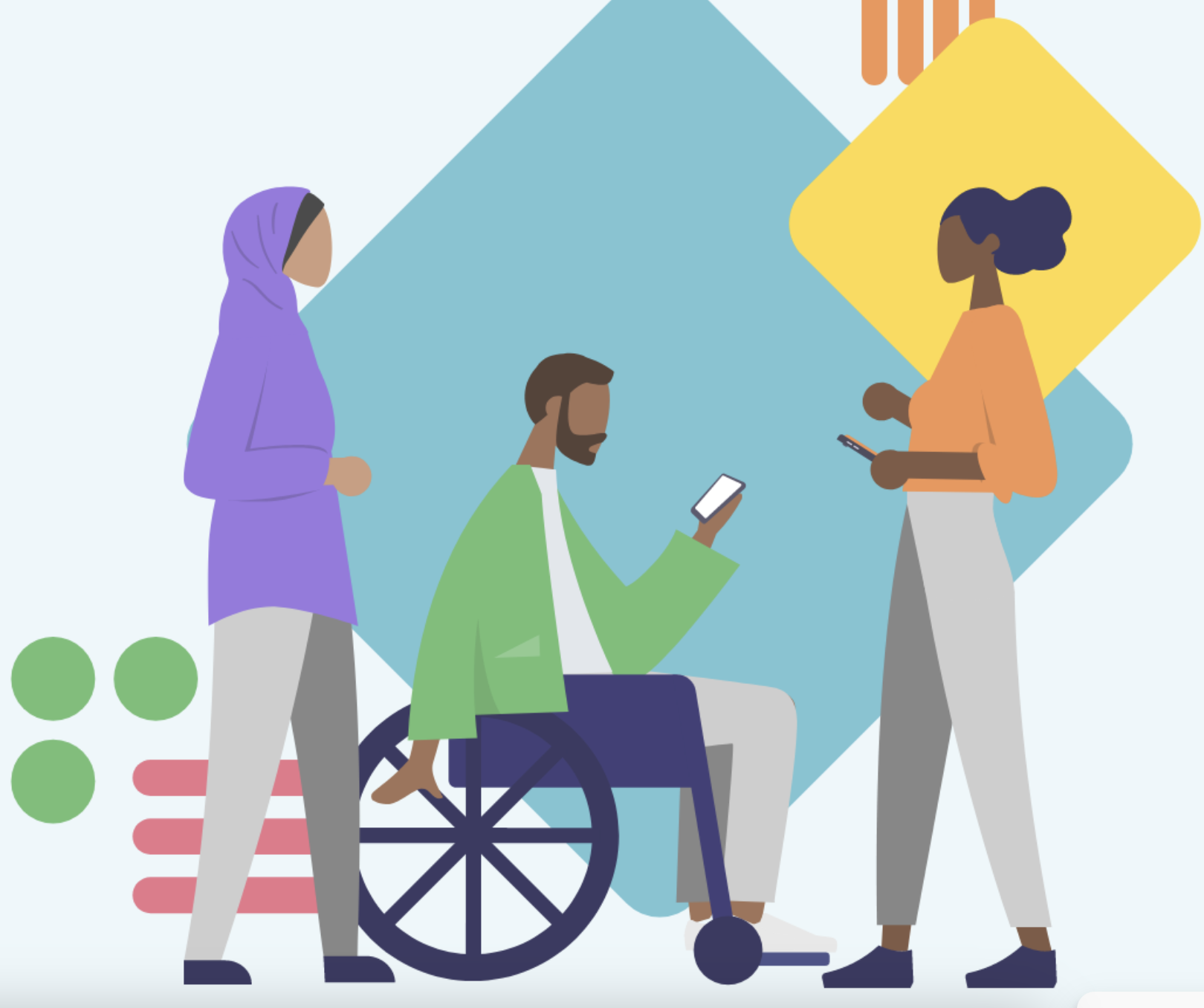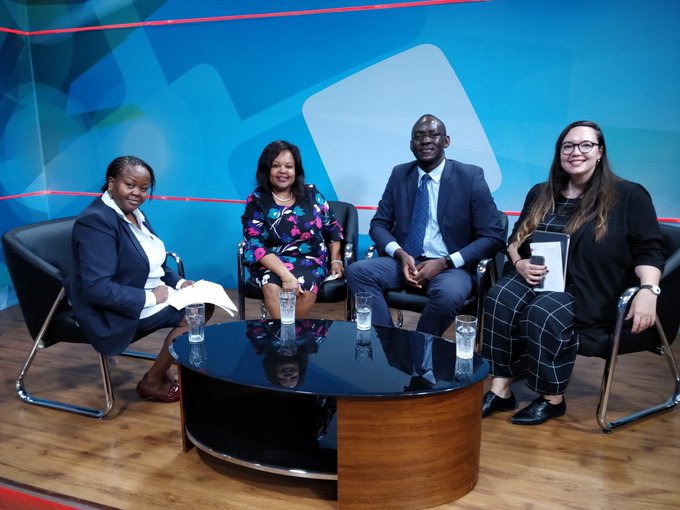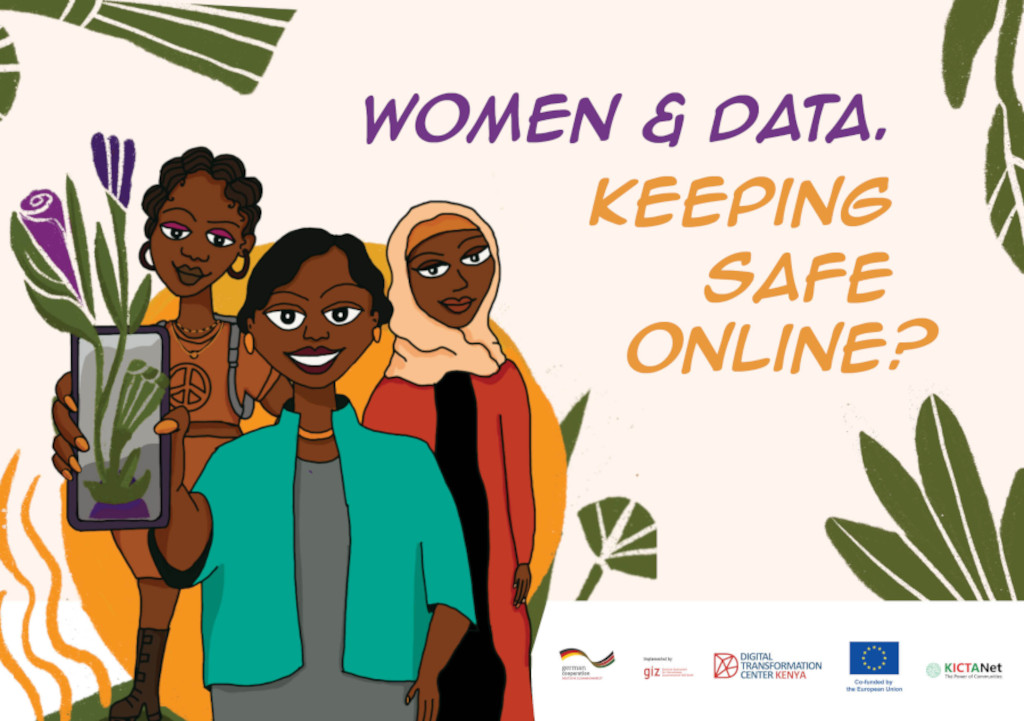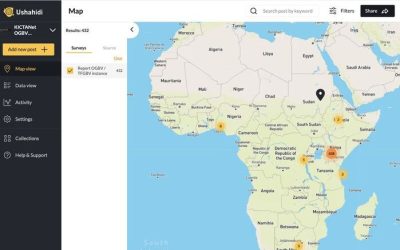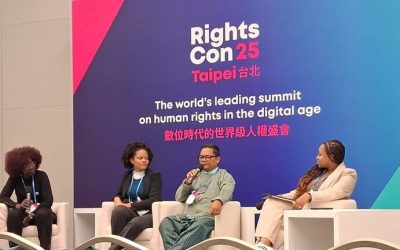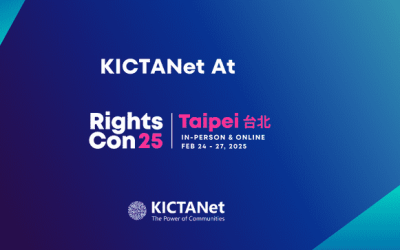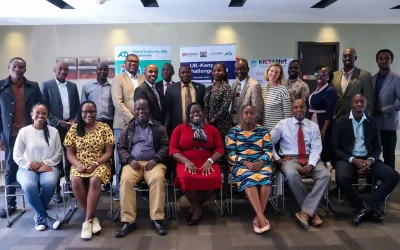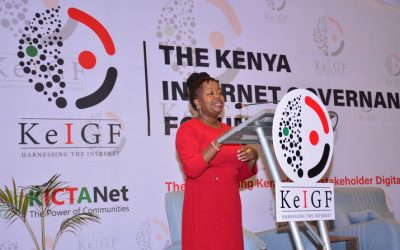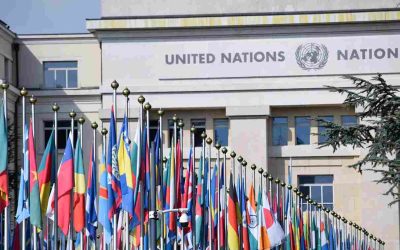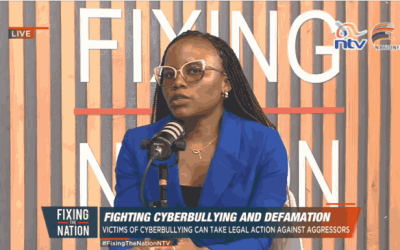Mapping & Mitigating OGBV in Africa: Insights from KICTANet.
Online Gender-Based Violence (OGBV) is a growing crisis in Africa, with a significant percentage of women and marginalized groups experiencing harassment, cyberstalking, and other forms of digital abuse. According to a 2021 report by the Web Foundation, 38% of women...
Digital Identity: The Human Rights Stakes of Digital Megaprojects.
In recent years, the adoption of digital identity systems has surged globally. As of 2024, over 2.05 billion digital identities have been issued worldwide, with more than 100 digital ID networks in operation. This rapid expansion is reflected in the market's growth,...
Resilience and Action: Shaping the Future of Digital Rights at RightsCon 2025
Taiwan’s path to democracy has been marked by decades of struggle, from 37 years of martial law to political prosecutions and digital threats from authoritarian regimes. As a technologically advanced society, Taiwan has faced cyberattacks, disinformation campaigns,...
UK-Kenya AI Challenge Fund: Scaling for Impact
Review of the UK-Kenya AI Challenge Fund highlights achievements, scaling plans, and the importance of ethical, sustainable AI solutions for development.
![]()
KICTANet Week Recap (February 10–14, 2025)
This week, guided by our core pillars, we focused on key initiatives that underscore the critical intersection of digital policy, online safety, and climate justice. Our efforts centered on fostering informed discussions, combating misinformation, and promoting a...
Road to The Kenya Internet Governance Forum 2025: Call for Topics
The Kenya Internet Governance Forum (KIGF) is an annual multistakeholder platform that brings together diverse groups to discuss ICT and Internet policy issues. While the forum generates soft policy outcomes, its primary role is to serve as a knowledge-sharing...
KICTANet Advocates for Digital Rights at UN UPR Pre-Session in Geneva
By Cherie Oyier KICTANet will be participating in the 49th Pre-Session of the Universal Periodic Review (UPR) in Geneva, Switzerland between the 18th and 21st of February, 2025. Kenya’s human rights status is scheduled for review on Tuesday, 18th February 2025....
Cyberbullying and Online Safety: KICTANet on NTV’s Fixing the Nation
KICTANet’s Cherie Oyier discussed Technology-Facilitated Gender-Based Violence (TFGBV) on NTV’s Fixing the Nation, covering self-protection strategies, legal challenges, and KICTANet’s initiatives to combat online harms.
![]()
World Radio Day: Bridging Digital Policy and Climate Justice
World Radio Day 2025, themed "Radio and Climate Change," presents a crucial opportunity for reflection. KICTANet recognises the role of radio in disseminating information and fostering public dialogue on this urgent issue. While KICTANet has engaged with climate...
KICTANet’s mission is to promote an enabling environment in the ICT sector that is robust, open, accessible, and rights-based through multistakeholder approaches.
During the 2022 – 2024 strategic period, KICTANet has prioritised the promotion of effective multistakeholder participation; an enabling legal, policy and regulatory environment; building capacities and empowered communities; and institutional strengthening. KICTANet’s guiding philosophy encourages synergies in ICT policy-related activities and initiatives. As such, the network provides mechanisms and a framework for continuing cooperation, engagement and collaboration in ICT matters among industry, technical community, academia, media, development partners, civil society and government.
_____
Strategic Priority.
- Convening power. To strengthen and promote engagement, collaboration and relationships with relevant stakeholders (state, business and non-state actors).
- Promoting an enabling environment. To catalyse policy, legislative and regulatory reforms in the ICT sector.
- Building capacities and empowered communities. To build the capacity of the stakeholders across government, business society and civil society and the citizens.
- Institutional strengthening.
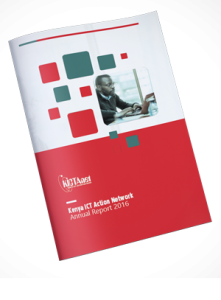
The report outlines the work undertaken in between 2007 and 2016 which is underpinned by crowd sourcing and community engagement
Click here to download the report

